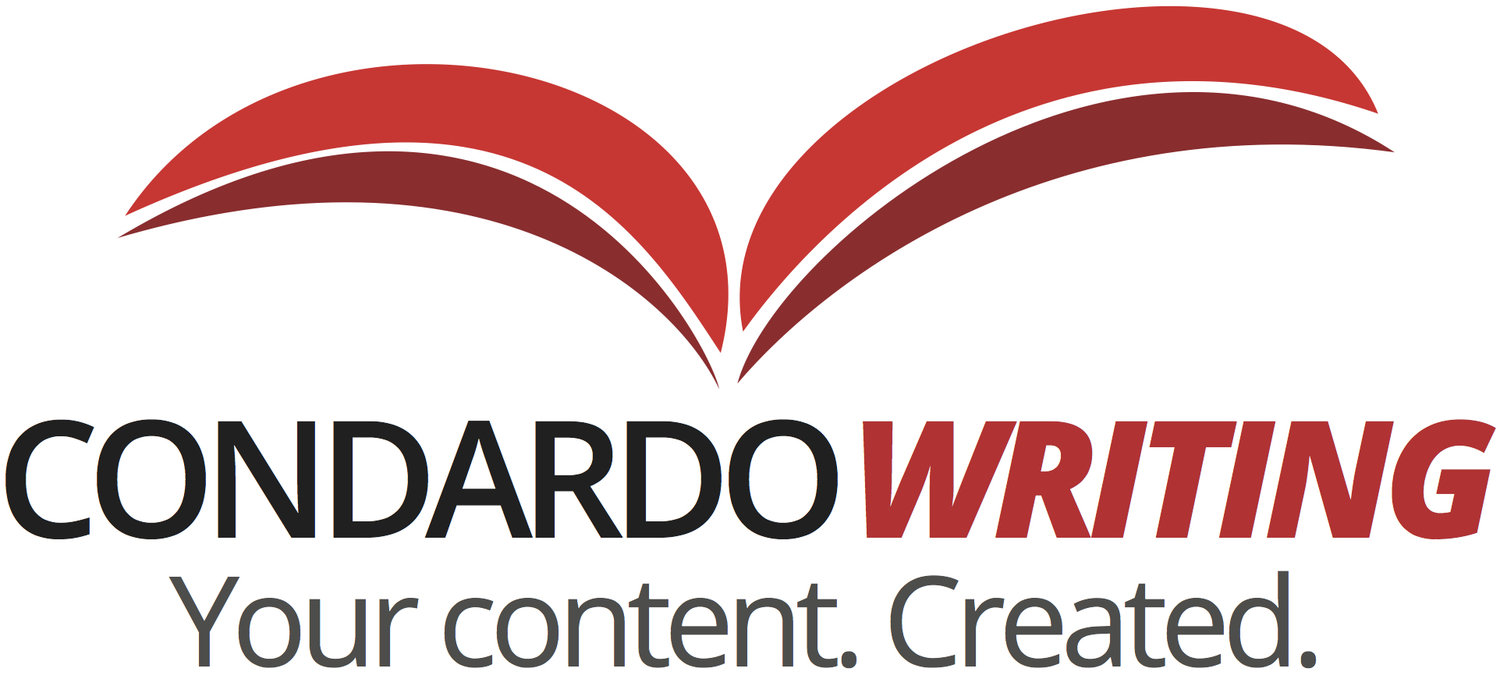Over the past few weeks, I've had a similar discussion with two separate clients over what type of content I was going to generate for them. The question: Blog, eBook, or white paper? The more we talked, the more I felt like we were revisiting Goldilocks and the Three Bears. You know the story. The little blonde breaks into the Bears' house looking to eat, rest her feet, and ultimately get some shut eye. As she wanders around, she finds bowls of porridge that are too hot and too cold before enjoying the "just right" temperature of Baby Bear's. She follows a similar process with the chairs - too hard, too soft, then just right. Up to the bedrooms for the same analysis - too high, too low, and finally, just right.
What does this have to do with copywriting?
Working on content development with clients, I'm finding more of them are focused mainly on the message they want to get out and not so much on the type of content vehicle they will use.
Some feel they need a white paper. After talking about their target audience and goals, we often come to the conclusion that a white paper isn't the right choice. It may be too formal or technical for what they hope to accomplish. Now don't get me wrong. White papers, as I've written before, are still a popular and effective content marketing tool. They're more appropriate further down the sales funnel - when prospects have already made up their minds to buy and they need more detailed information.
Often the request is for a blog post. Again after finding out the amount of content they hope to squeeze into what what should be 500-1000 word post, it becomes clear that a blog post isn't quite right either.
So what's the answer? In many cases the "just right" choice is an eBook. This is especially true when you're focusing on top of funnel activity trying to build brand awareness, establish thought leadership, and generate leads.
That could be why ebooks are exploding in popularity.
In 2010, less than one in ten marketers were using eBooks, according to the annual B2B Content Marketing survey from MarketingProfs and the Content Marketing Institute. In the 2014 survey, that number had jumped to more than one in three. In the past four years, eBooks have leaped over print newsletters, digital magazines, podcasts, and virtual conferences as a content vehicle of choice for marketers.
Here are three reasons more businesses seems to be jumping on the eBook bandwagon every day.
1. Length. Most of us skim blog posts trying to cull out the relevant data we need. But sometimes we want a little more depth and the eBook provides that. I actually describe eBooks to my clients as expanded blog posts.
Lengths can vary - I've done some as small as 1200 words and others as long as 8000 words - but the most popular eBooks tend to be in the 2000-4000 word range. That translates to about 10-15 pages depending on the graphics. (We'll get to that in a minute). As a rule of thumb, if your goal is brand awareness or lead generation, you should shoot for an eBook a reader can finish in one 30 minute session.
Again that's just a guideline. If you're exploring a topic in depth, it can be much longer. The point is that you have the flexibility to make it the "just right" size for your needs.
2. Tone. You also have flexibility when it comes to the tone you use in an eBook. car rental Appropriately, white papers usually focus on technical issues and tend to use a more serious voice. They're usually written in the third person: "The growing omni-channel world of the empowered consumer is forcing retailers to examine their entire IT infrastructure."
You can be more informal in an ebook and address the audience directly. The same point in an eBook could be written like this: "Hey retailer, are you looking for your customer? Well they're everywhere - in your store, on line, or talking to their friends about you on Facebook. Is your IT system ready to help your business respond to them?"
Again, the key is developing the right tone for the right audience. Here are two separate eBooks with the same basic goal of presenting "How To" information. This one on Mobile Marketing and PPC is fairly straightforward and gives the reader a step by step guide on what they should be doing to adapt their paid search to users with mobile devices. This one, The Wizards Behind Google Apps, provides tips and advice on managing Google Apps installations, but the tone is much more whimsical. Both get the job done but knowing your target audience is key.
3. Visuals. Probably the biggest advantage of an eBook over a white paper or blog post is the flexibility - there's that word again - it gives designers. Most engaging eBooks have interesting graphics throughout to draw the reader in and break up blocks of imposing text. According to Content+, articles with images get 94% more views that those without. A well designed eBook enhances the information presented and encourages downloading and sharing. Take another look at the Wizards Behind Google Apps. The graphics are captivating and inviting.
eBooks are not about to replace white papers, blog posts, case studies, infographics or the many other useful content pieces that make up your content marketing portfolio. In many cases however, it may be "just right" for you.
What is your experience with eBooks? How effective have you found them to be?
